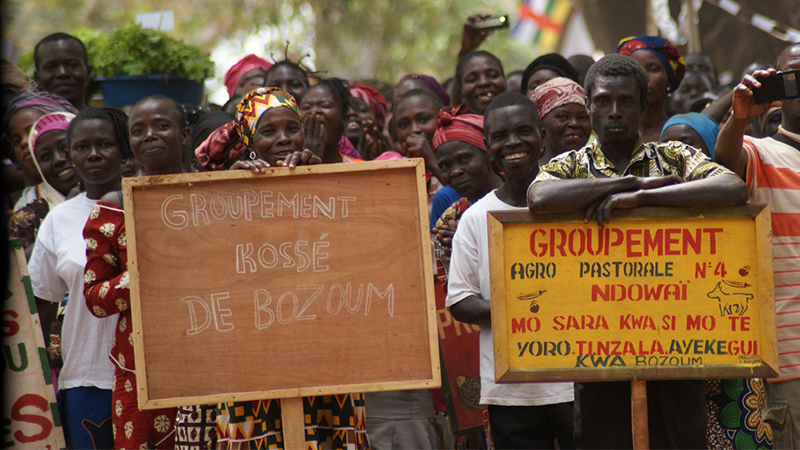Localization, a priority on the humanitarian agenda
National and local organizations are among the first to react and respond to the needs of the populations. Localization seeks to maximize their social value, based on their proximity and their shared vision with the affected communities. Localization therefore aims to re-establish these social actors at the center of the humanitarian system in a more important and more central role. In addition to enabling a more effective and efficient humanitarian response, the long-term objective of localization is to strengthen the resilience of communities especially affected by crises. It establishes links with peacebuilding and development activities. This collective process concerns all the different stakeholders of the humanitarian system (donors, NGO-I and NGO-N, local actors) and plays an active role in the transformation towards a more balanced humanitarian system.
“INGOs know their standards and find it difficult to adapt them to a new context. National NGOs are therefore helping to redefine and adapt international standards at the local level”
Representative of the cluster at the Oxford workshop in June 2018
Despite good intentions, efforts to locate aid are showing their limits. Local experiences and knowledge are not yet sufficiently valued and taken into account
While localization challenges international actors to put at the center and support local responses, the understanding of multiple local solidarity actors extends to the recognition and strengthening of NGO-N, community organizations, networks and existing groups.
